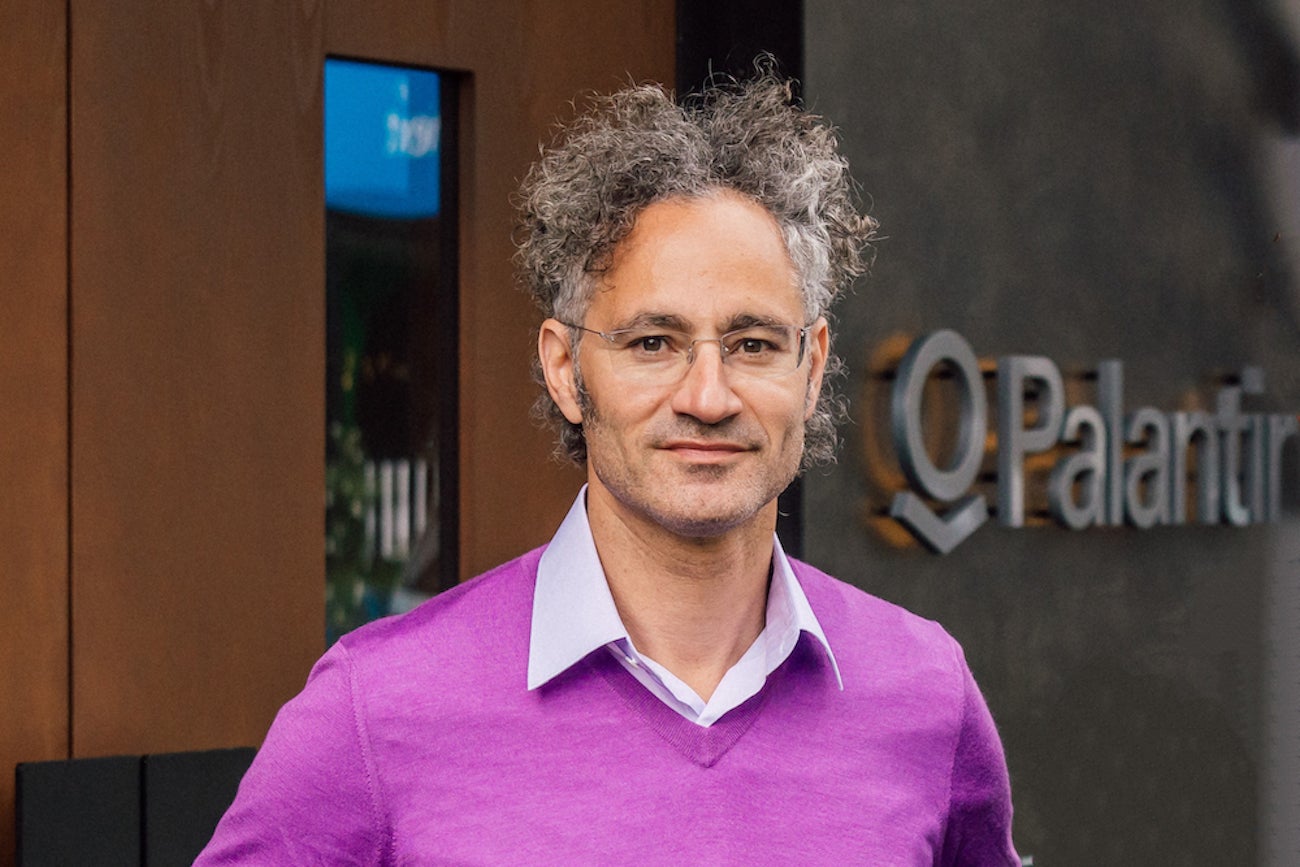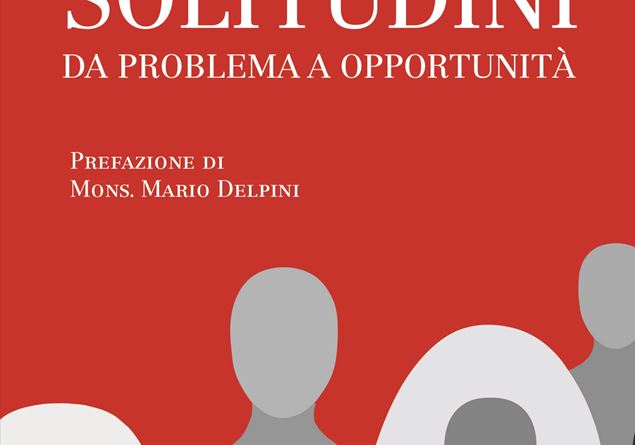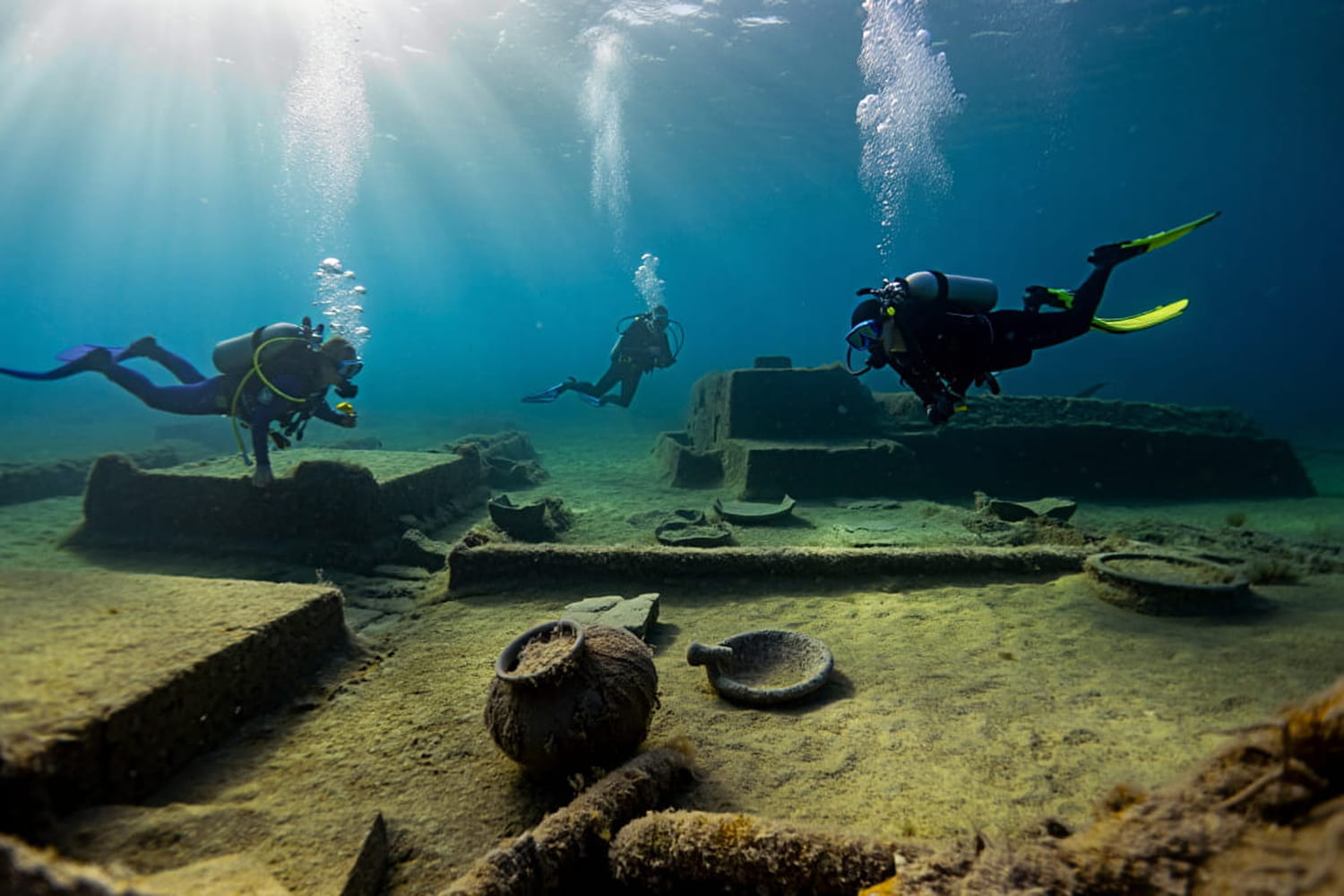A scientific discovery that took place not far from France …
Underwater life continues to fascinate archaeologists and the general public. Wallen wrecks, ruined temples, colossal statues or ancient jewelry are regularly found underwater, at impressive depths. But among the most incredible underwater discoveries: an entire village, frozen in time and engulfed under the waters, was discovered this summer thanks to a species of underwater vacuum.
This discovery is that of an 8,500 -year -old coastal village, found in an exceptional state of conservation. Archaeologists even described it as “temporal capsule” because it makes it possible to better understand the life of hunter-gatherer societies at that time and how they adapted to environmental upheavals, in particular the rise in sea level which overwhelmed their habitat. What is particularly fascinating is that the rise of waters has somehow frozen time. The lack of oxygen in the underwater environment acted as a perfect preservative, making it possible to preserve organic elements, such as stone tools, animal bones, arrow tips, worked pieces of wood and even traces of meals from the inhabitants of the time as a seal tooth. Scientists are hopeful of finding even more fragile and instructive objects, such as braided baskets, pottery, hooks or fishing structures.
The objects are currently analyzed by the scientists of the Moesgaard museum and are not yet exposed to the public. This swallowed village is not far from France since it was discovered in northern Denmark, about 8 meters deep in Aarhus bay, located 150 kilometers west of Copenhagen.
Archaeologists and paleoclimatologists do not only seek to document history: they study the adaptation mechanisms of our ancestors to apply them to our behaviors today and better prepare us for the climatic challenges of our own era.








